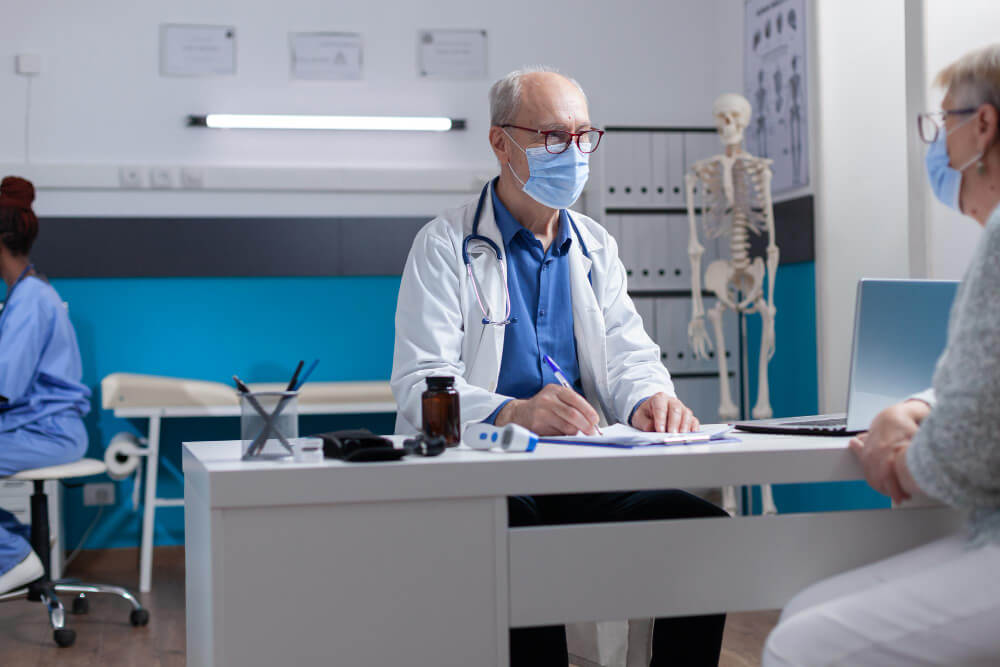Urgent Care Clinics: Your Go To For Poisoning Emergencies
Poisoning emergencies can occur in any setting, from the home to the workplace. When faced with a poisoning incident, it is crucial to seek immediate medical attention. Urgent care clinics are equipped to handle a variety of poisoning cases, providing prompt evaluation, stabilization, and treatment.

Common Types of Poisoning
Poisoning can occur through ingestion, inhalation, or skin absorption. Common types of poisoning include:
- Medication Overdose Accidental or intentional overdose of prescription or over-the-counter medications.
- Chemical Poisoning Exposure to harmful chemicals, such as cleaning products, pesticides, or industrial solvents.
- Food Poisoning Consumption of contaminated food or water.
- Plant Poisoning Ingestion of poisonous plants, such as mushrooms or berries.
- Animal Poisoning Exposure to poisonous substances produced by animals, such as snake venom or spider venom.
- Carbon Monoxide Poisoning Inhaling carbon monoxide gas.
Symptoms of Poisoning
The symptoms of poisoning can vary depending on the type of substance and the amount ingested. Common symptoms may include:
- Nausea and Vomiting Feeling sick to your stomach and vomiting.
- Abdominal Pain Pain in the stomach or abdomen.
- Diarrhea Loose, watery stools.
- Dizziness or Lightheadedness Feeling dizzy or lightheaded.
- Difficulty Breathing Shortness of breath or trouble breathing.
- Chest Pain Pain or discomfort in the chest.
- Confusion or Altered Mental Status Changes in mental clarity or alertness.
- Seizures Uncontrolled shaking or jerking movements.
The Role of Urgent Care Clinics in Poisoning Treatment

Urgent care clinics are equipped to handle a variety of poisoning emergencies. They can provide:
- Rapid Assessment A thorough evaluation to determine the severity of the poisoning and identify any immediate medical needs.
- Stabilization Treatment to stabilize the patient’s vital signs and address any life-threatening symptoms.
- Antidote Administration If an antidote is available for the specific poison, it can be administered to counteract the effects.
- Referral to a Specialist In severe cases, the patient may need to be transferred to a hospital for further treatment.
Prevention of Poisoning
Preventing poisoning incidents is essential for ensuring the safety of individuals and families. Here are some tips for preventing poisoning:
- Safe Storage of Medications and Chemicals Store all medications and chemicals out of reach of children and pets.
- Labeling Clearly Label all containers clearly and accurately.
- Dispose of Unused Medications Properly Do not flush medications down the toilet. Follow the instructions on the label for proper disposal.
- Food Safety Practice proper food hygiene to prevent food poisoning.
- Carbon Monoxide Safety Ensure that carbon monoxide detectors are installed in your home and properly maintained.
- Educate Children Teach children about the dangers of poisons and the importance of not touching or ingesting unknown substances.
Poisoning emergencies can be life-threatening, but with prompt medical attention, the outcomes can be positive. Urgent care clinics play a crucial role in providing rapid and effective treatment for poisoning cases. By following prevention tips and seeking medical help when necessary, you can reduce the risk of poisoning incidents and ensure the safety of yourself and your loved ones.
Contact us for Comprehensive Urgent care for Poisoning https://texasspecialtyclinic.com/ Or https://texasspecialtyclinic.com/services/urgent-care/
